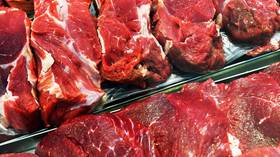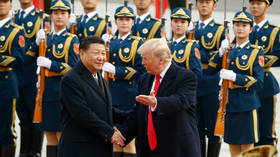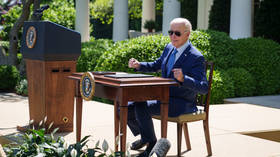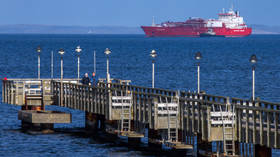Russia considers slashing oil discounts
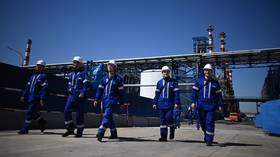
The discount on Russian oil has grown but it should be reduced as the situation on the market stabilizes, Russian Deputy Prime Minister Aleksandr Novak announced on Thursday.
He noted that the recent increase in the oil discount was “natural” because buyers had been taking into account risks related to Western sanctions on Russian exports.
An EU embargo on seaborne Russian crude went into effect on December 5 along with a $60 price cap on oil exports as part of Ukraine-related sanctions imposed on Moscow. A ban on EU imports of petroleum products such as diesel and kerosene originating from Russia will come into force on February 5. In response, Russia has banned sales of its crude and petroleum products to nations supporting the price ceiling.
“We will look at how further sales of our export products will be ensured. Our companies [are working out] all the necessary logistics routes, and constantly working on the issues of insurance and purchases,” Novak added.
Russia’s Urals oil blend traded at an average price of $46.82 per barrel between December 15 and January 14, after trading at $57.5 per barrel a month earlier, making an almost 19% drop, according to the country’s Finance Ministry data.
Earlier this month, Novak attributed high discounts on Russian oil compared to other world grades to soaring freight prices.
The official insisted that Russian oil was still in high demand despite sanctions, adding that production and supplies in January remained unchanged from December levels as “we account for a large share in the global export.” Novak pointed out that the world’s energy balance could not be secured without Russian oil.
For more stories on economy & finance visit RT's business section




